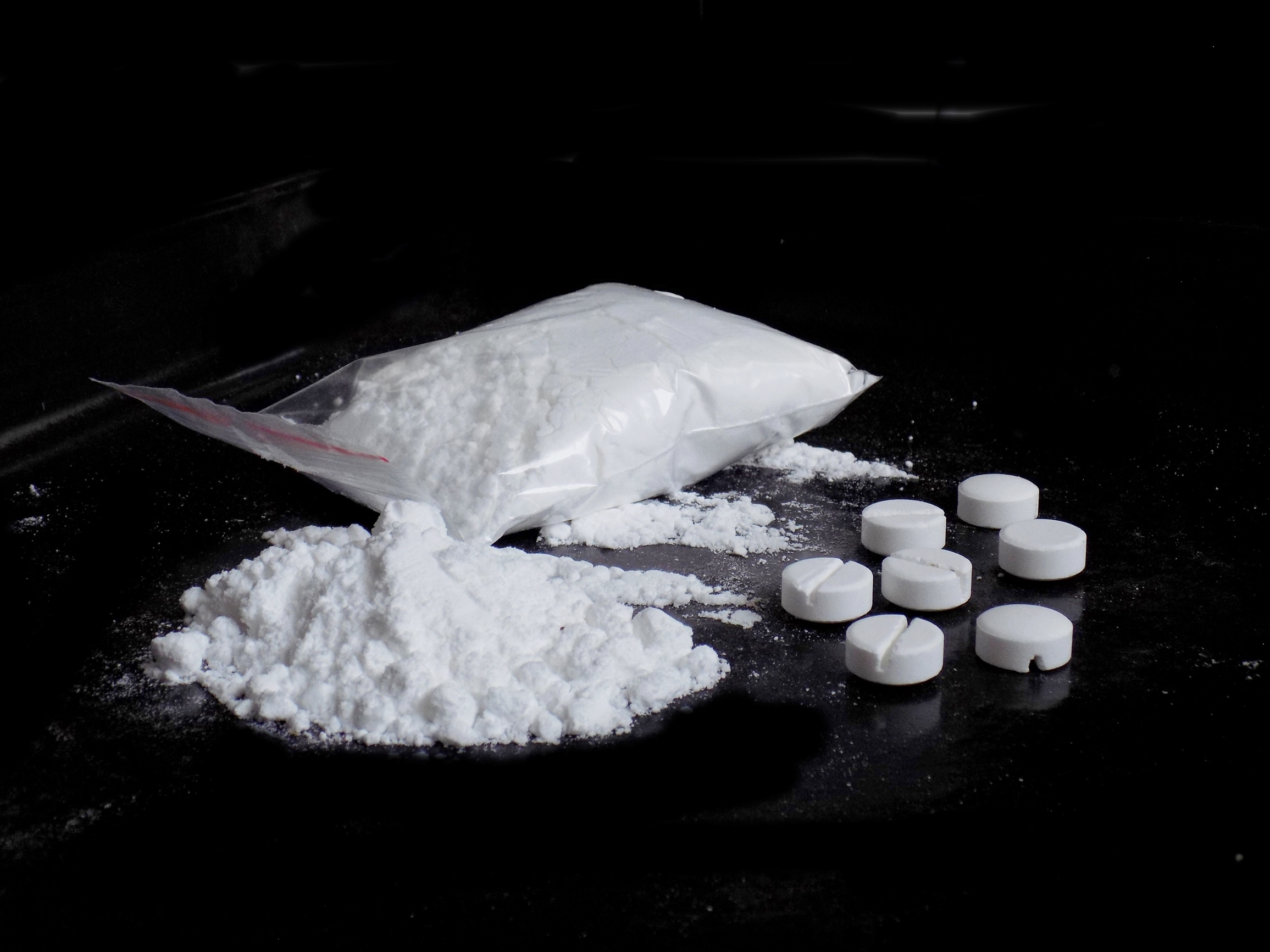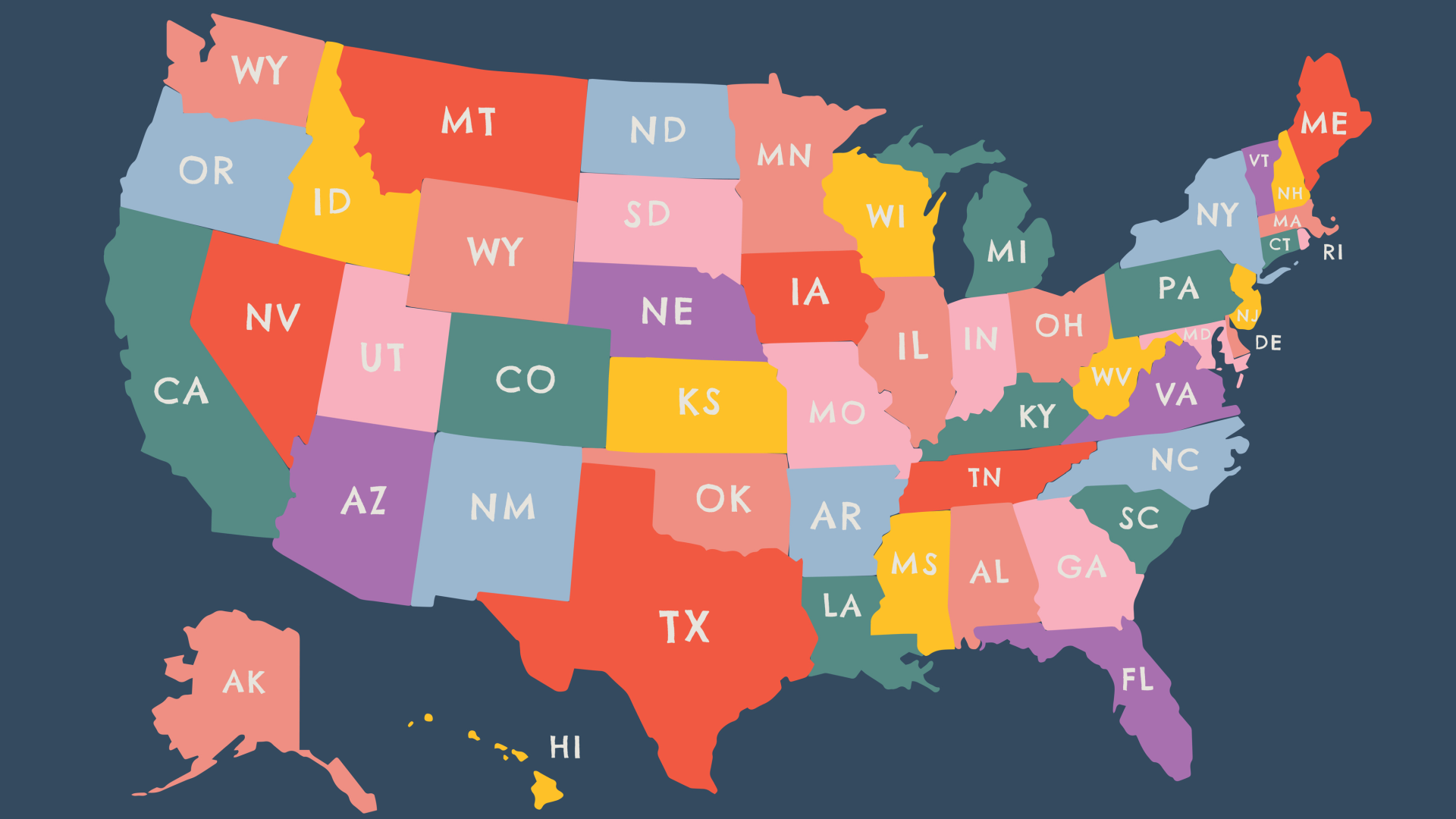Regulation of Kratom in America: Update
Kratom is an herb that is derived from a leafy Southeast Asian tree, known formally as Mitragyna speciosa. It contains two psychoactive compounds, mitragynine and 7-hydroxymitragynine, which can produce a pharmacological response that is similar to that produced by morphine. Federal regulators and kratom organizations are at odds about the potential dangers (or lack thereof) of kratom and how kratom should be regulated. In addition to federal regulatory battles, some state and local governments have implemented regulatory controls on kratom. ...










